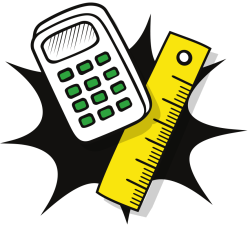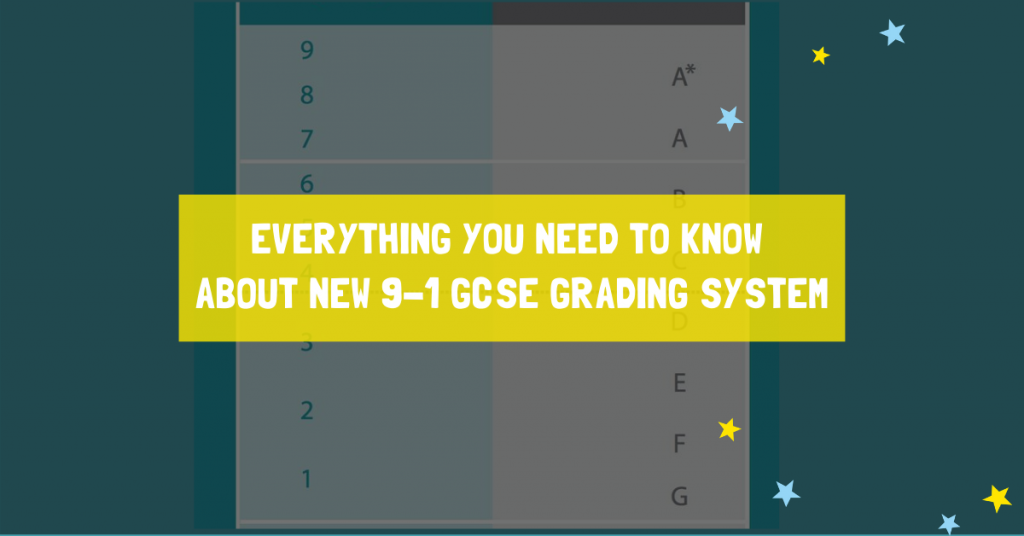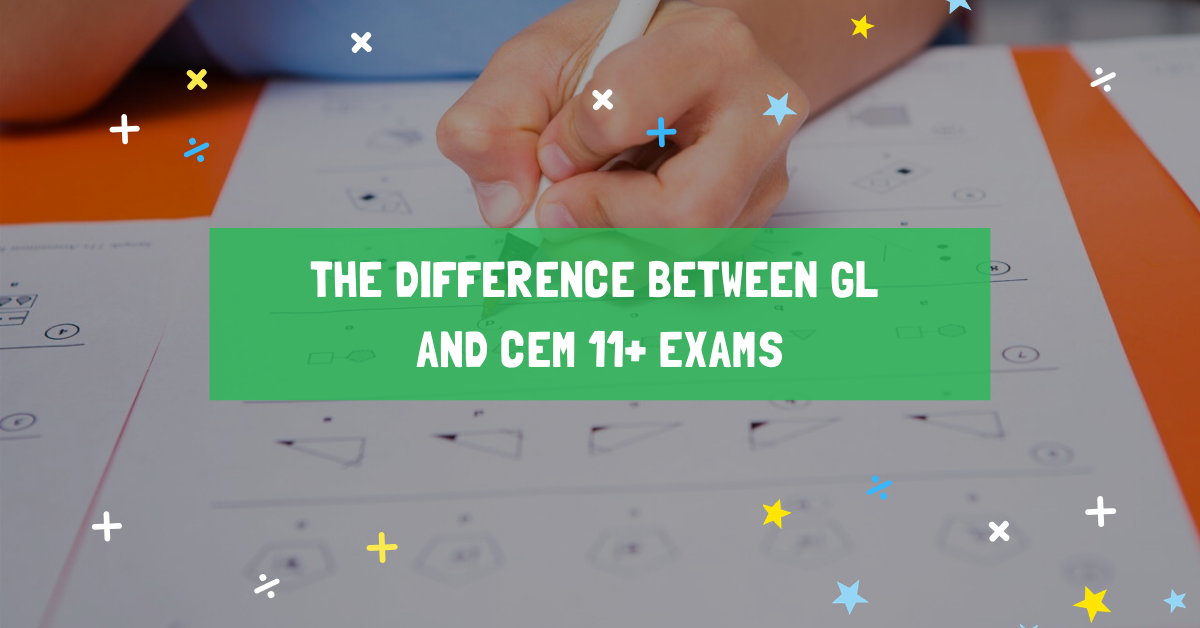This year marks the second in which student GCSE grades transition from the traditional A to E system to a number-based scoring method. This new type of scoring is touted to better differentiate individual student performances in line with tougher exams and learning content.
Maths, English and English Literature were the first subjects to be scored using the 1-9 numbering system in 2017. They have since been followed by nearly all GCSE subjects with the remaining subjects to follow in 2020. So, with A’s and B’s facing extinction, let’s take a look at what the new numbering system means for your child’s grades.
How the number-based grading system works
The number-based grading system’s chief aim is to distinguish between top performing students and to measure the efficacy of the reformed GCSEs against that of the old legacy GCSEs. Interestingly, while the system does have similarities to the traditional As and Bs on report cards, it does have more grades above the “average” scoring your child may attain.
A good starting point is to consider a grade 4 as similar in achievement to that of a C-grade. Students who get nine 4 grades are considered to have passed their exams with an average attainment. Anything below a grade 4 could indicate that they may need to brush up on particular subjects. However, students who do not hold a grade 4 or above in English and/or Maths must resit their exams.
A grade 5 is largely seen as a good or “strong” pass and will be the benchmark for students. With the highest grade being 9, the system allows for more grades above the average 4 (5 in total), which gives teachers granularity when distinguishing between top performing students. Attaining a 9 will be awarded to students with outstanding achievements and is seen as harder to attain than an A* grade.
2018 saw only 732 students achieve a clean sweep of 9s compared to thousands of who used to get straight A*s. This will surely make 9 the coveted attainment for the creme de la creme amongst top performing students. On the low end of the scale are grades 3-1, with 1 equalling the traditional G-grade.
Setting the benchmark for the schools
The new grading system will also measure schools on the proportion of pupils achieving a grade 4, with an average of a grade 5 seen as the benchmark. This all comes as the UK continues its drive to modernise its education system. In support of this, the Department for Education has required exam boards to make content more challenging by reconstructing questions and introducing new and more challenging ways of testing students.
The new structure features less coursework with modular courses being replaced by linear GCSEs where pupils take their exams at the end of the course. Universities are also on board and have adopted 9–1 grades into their assessment of applicants. However, under the 9–1 grading system, some universities will use the new grade 5 as an equivalent to a C-grade, while others will use grade 4.
Wales, Scotland and Northern Ireland are not adopting 9–1 grading for the foreseeable future, while other exam boards offering international GCSEs plan to introduce 9–1 grades.
Is the new grading system causing more harm than good?
There have been concerns raised that parents and universities will be confused by the new grading system. Many argue that while it does allow for better grading of high performing students, low performing candidates may not receive the proper scrutiny and support they need.
Also, surveys found that many parents and students confused 1 for the top grade and 9 as the lowest. With this said, changing from a long held tradition to a new one will inevitably come with initial teething challenges, but the system will undoubtedly become more clear and be refined as it takes hold.
At Boost Education, we believe that change is a constant in the lives of every young student – and so it is also with an education system that’s set to face new challenges as the world around it modernises. Talk to us about any concerns or questions you may have about the state of the UK’s education system or if you’d like to learn more about how we can help your child achieve his or her level best.








